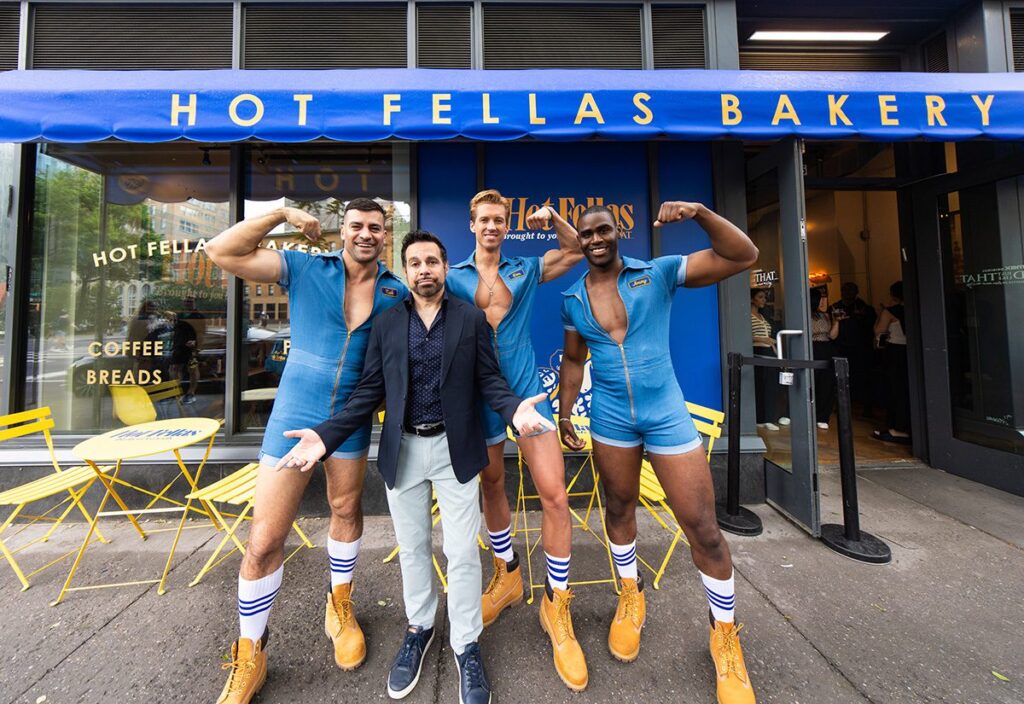Postal union leaders weighed in today on their feelings about postal reform. And one thing became clear as they testified before a House committee during a hearing in Chicago.
They hardly see eye-to-eye with direct marketers.
For example, William Burrus, president of the American Postal Workers Union, argued that worksharing discounts utilized by direct mailers should be reduced in the interest of financial self-sufficiency for the USPS.
“The postal service is currently giving away hundreds of millions of dollars very year in form of excessive worksharing discounts,” Burrus said.
He continued that “discounts provided to major mailers exceed the costs avoided by the postal service.”
Among the worksharing discounts Burrus would like to see reduced are those for:
*First-Class non-automation pre-sort
*Standard A three/five-digit pre-sort
*Standard A automation
*First-class automation
Burrus also debunked the idea of bottom-up pricing, which he said is also favored by major mailers.
“This radical concept, which purports to establish a system whereby mailers pay only for the services they use, would actually relieve the largest mailers of any responsibility for the costs of maintaining a universal system,” he said.
Burrus also said he opposes the creation of a three-person board that would be appointed by the President and have the authority to set compensation for employees.
“It is completely inconsistent, and totally unacceptable, for the Commission to espouse a commitment to collective bargaining while simultaneously recommending that postal compensation be dictated by an appointed board, separate and apart from the collective bargaining process,” he said.
William H. Young, president of the National Association of Letter Carriers, agreed that the collective bargaining process would be “politicized” if a politically appointed regulatory body got involved in negotiations.
“Depending on the prevailing political winds of the day and the makeup of the regulatory board at any particular moment, either side might be tempted to try to obtain from regulators what they could not expect to achieve through good faith bargaining,” he testified.
Young added that he is against the Commission’s proposal that tripartite arbitration of labor disputes be eliminated, and that use of the ‘last best and final offer” procedure required. “We believe these changes are unnecessary and counterproductive,” he said.
Burrus added that his union is against efforts to impose an $86 billion liability on the postal service for retirement benefits for postal workers with federal service credits. This, he said, is “inconsistent with the Administration’s statement of broad support for postal reform.”
He continued that “Using the postal service as a cash cow to help reduce the federal deficit is a luxury the American people can no longer afford.”
Meanwhile, the Direct Marketing Association reiterated it supports universal service.
“We have been, and will continue to work cooperatively with the postal service’s unions and other employee groups, management, and others in the mailing community to secure the future of an affordable, reliable, universal mail service for all American households, businesses, and nonprofit organizations,” Jerry Cerasale, senior vice president with the DMA.
The hearing, the second in a series of three, was conducted by the house Committee on Government Reform’s special Panel on Postal Reform and Oversight, chaired by Rep. John M. McHugh (R-NY).
 Network
Network

